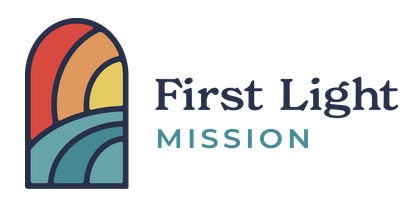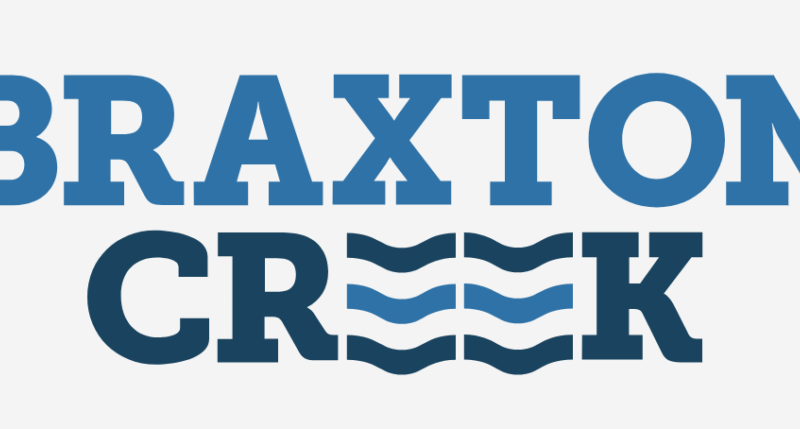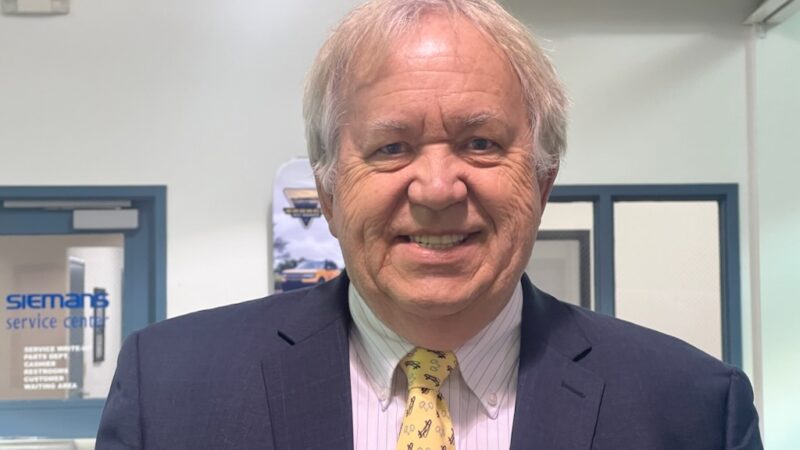RVDA, State Agencies Follow Lead of FEMA in Ian Recovery
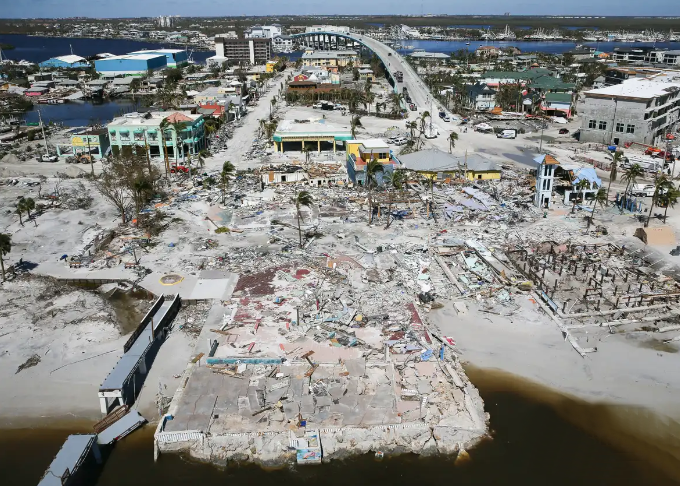
Times Square, an iconic feature of Fort Myers Beach, is devastated after Hurricane Ian on Friday (Sept. 30). (Photo: Crystal Vander Weit/TCPalm via USA Today)

Phil Ingrassia
RV Dealers and OEMs will follow the lead of state and local emergency response agencies as recovery efforts unfold in the wake of Hurricane Ian – a category 4 storm that transformed a 50-mile stretch of beaches and towns along Florida’s southeastern coast into a disaster zone.
“Prior to hurricane season, we had meetings with FEMA (the Federal Emergency Management Agency) to help them clarify their travel trailer purchasing polices,” Phil Ingrassia, president of the RV Dealers Association (RVDA), said Monday (Oct. 3). “Once they do the assessment and they make an initial determination on how they’re going to house people temporarily as recover efforts continue, then they’ll typically put out a request for emergency disaster assistance. We have not seen any of that activity yet.”
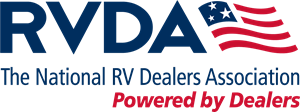 He noted that Florida has its own disaster assistance agency which will work with FEMA to coordinate those efforts in coordination with the Florida RV Trade Association (FRVTA)
He noted that Florida has its own disaster assistance agency which will work with FEMA to coordinate those efforts in coordination with the Florida RV Trade Association (FRVTA)
In order to participate, dealers must be approved by the government by a process which many have already completed.
“Many of the dealers in Florida are approved government contractors, so they’ve gone through GSA (Government Services Administration) process to do business with the government,” he said.
Dave Kelly, executive director of the FRVTA, told RVBusiness on Friday his organization was ready to take action.
“We’re waiting to hear from the (Florida) emergency management agency about what they need, as far as units and where, and size requirements that they might need,” Kelly said. “We’ve already talked with the state agency months ago regarding just this kind of situation. We’ve alerted our bigger dealers that have product that they can pull from all over the country and put them on notice that we might be notifying them. It takes a lot of coordination.” Kelly said.
Ingrassia said FEMA officials attended the RVDA convention in past years and explained the process of FEMA contracting, which starts at the state level in the area of impact – a process which is in its early stages with regard to Hurricane Ian.
“They’re still assessing the situation, obviously. How many people need assistance? What’s the appropriate response? Do they put them up in hotels or will they find some other longer term temporary living arrangement? And that’s typically when trailers are requested,” Ingrassia said.
In any event, requests most likely will be made through the (FRVTA).
“As soon we get something from FEMA, we will share it with members. I suspect though, from previous experience, it will be a request through Florida and the FRVTA – Dave and the people on the ground there,” he said.
Ingrassia shared information provided by FEMA regarding the types of assistance the federal agency can provide:
- Major Repairs and Out-of-Pocket Expenses – FEMA’s Individuals and Household Program assistance is intended to meet the basic needs of your household, not to restore your home and all your personal property items to a pre-hurricane condition.
- Housing Assistance – covers repairs to structural parts of your home. This includes windows, doors, floors, walls, ceilings, cabinets, heating, ventilation and air-conditioning system, utilities (electrical, plumbing and gas systems), and entrance ways. FEMA may also reimburse for repair or replacement of your furnace, well and septic system.
- Other Needs Assistance – may provide reimbursement to homeowners and renters for such uninsured or underinsured, hurricane-related expenses as medical and dental expenses; funeral and burial costs; repair, cleaning, or replacement of clothing; household furniture and appliances; specialized tools used in your occupation; educational materials and moving, storage and other necessary expenses related to the reacted to Hurricane Ian. Personally owned, disaster-damaged cars and trucks may also be eligible for repair or replacement and FEMA may be able to reimburse applicants who rented or purchased generators for their primary residence during a power disruption caused by Hurricane Ian.
Apply to FEMA
Apply online at DisasterAssistance.gov. For a video on how to apply for assistance, click here. For the latest information on Florida’s recovery from Hurricane Ian, click here.
Source: https://rvbusiness.com/rvda-state-agencies-follow-lead-of-fema-in-ian-recovery/




